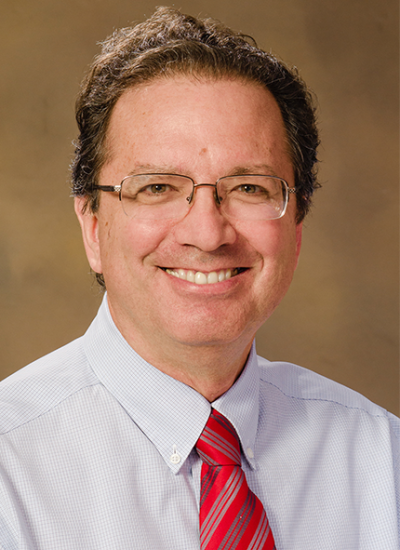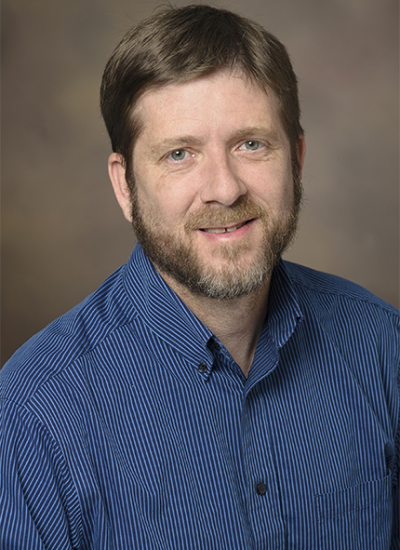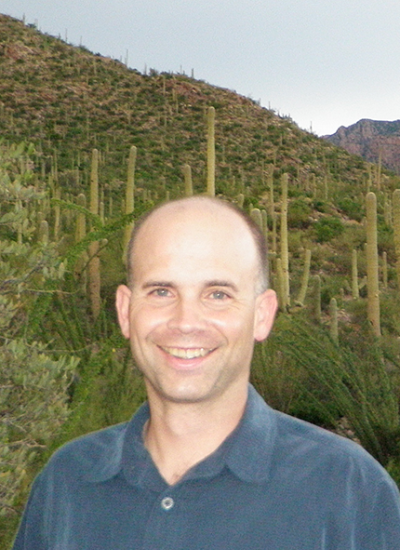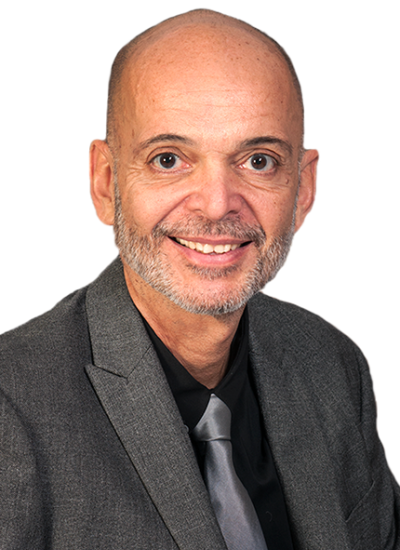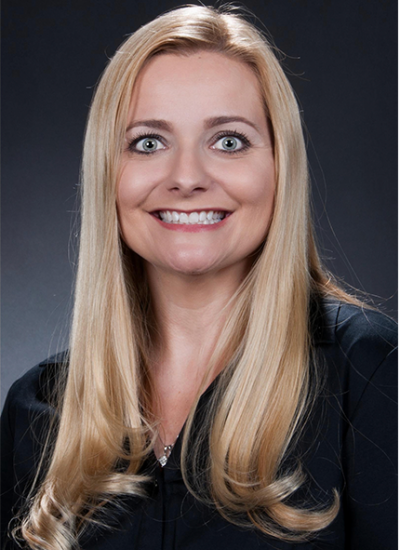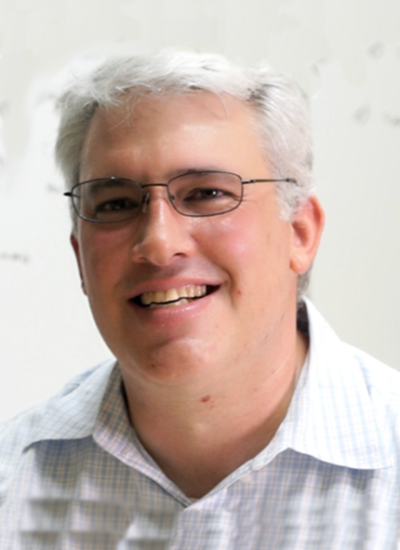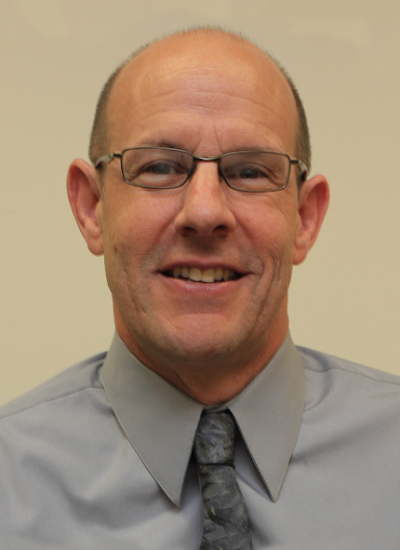Immunology
Lonnie P Lybarger
Research Interest
Julie Ledford
Work Summary
Julie Ledford's research focuses on respiratory disease, and genetic and molecular mechanisms of allergic airway diseases in children.
Research Interest
Michael S Kuhns
Work Summary
Michael Kuhns' research program is focused on (i) increasing our basic understanding of how T cell fate decisions are made (e.g. development, activation, differentiation, effector functions), and (ii) increasing their working knowledge of how to manipulate these decisions to direct T cells towards a desired outcome, such as increasing responses to vaccines or tumors, preventing transplant rejection, or attenuating autoimmunity.
Research Interest
Emmanuel Katsanis
Work Summary
Augmenting immune responses to cancer. Reducing relapse and graft versus host disease after hematopoietic cell transplantation.
Research Interest
Melissa Herbst-Kralovetz
Research Interest
Kristian Doyle
Work Summary
Approximately 795,000 Americans suffer a stroke each year, and 400,000 will experience long-term disability. The number of stroke survivors in the population is expected to double by 2025. Currently, treatments for stroke patients are limited to tissue plasminogen activator (TPA), but its use is limited to the first few hours after stroke. Therefore, the goal of our research is to develop new therapeutics that can promote repair and recovery in this rapidly growing population.
Research Interest
Elizabeth Connick
Work Summary
Dr. Connick is a physician scientist who has dedicated her career to the improvement of health of individuals living with or at risk for HIV-1 infection. Her research ranges from laboratory based investigations of HIV-1 immunopathogenesis to clinical and epidemiological studies of novel immunotherapies and other interventions to improve health outcomes in people living with HIV-1.
Research Interest
Adam S Buntzman
Research Interest
Scott A Boitano
Research Interest
Pagination
- Previous page
- Page 2
- Next page


